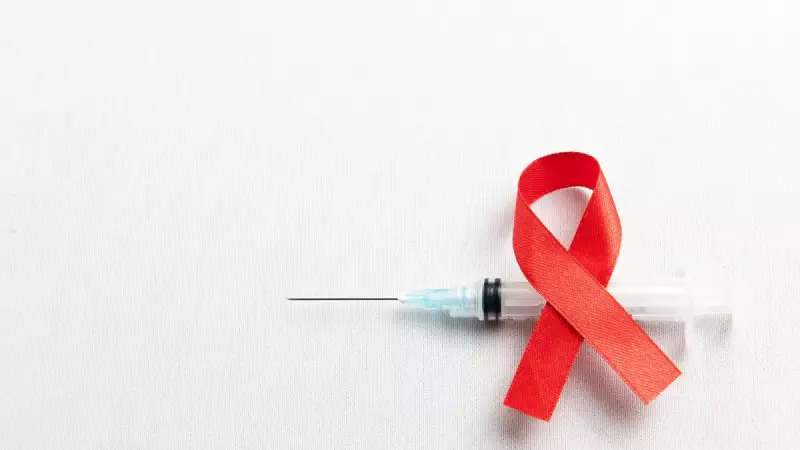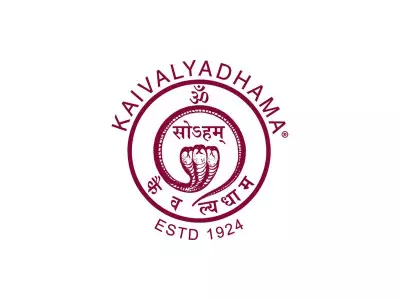
In a groundbreaking development that could reshape HIV treatment globally, the United Kingdom has become one of the first countries to approve a long-acting injectable therapy that requires administration only once every two months. This medical advancement promises to transform the lives of millions living with HIV worldwide, including India's substantial patient population.
What Exactly Has Been Approved?
The newly approved regimen combines two powerful antiretroviral drugs – cabotegravir and rilpivirine – delivered through a single injection. This innovative approach eliminates the need for daily pill-taking, offering patients unprecedented convenience and potentially improving treatment adherence significantly.
Key benefits of this revolutionary treatment include:
- Administration required only once every eight weeks
- Eliminates the daily reminder of HIV status
- Reduces the risk of missed doses
- Maintains viral suppression effectively
Why This Matters for India's HIV Landscape
India, with its estimated 2.4 million people living with HIV, stands to benefit enormously from such long-acting treatments. The current standard of care involves daily oral medications, which, while effective, present challenges related to adherence, stigma, and lifestyle limitations.
"This approval represents a paradigm shift in HIV management," explains Dr. Sangeeta Sharma, a leading HIV specialist in New Delhi. "For Indian patients who face significant social stigma, reducing treatment from daily pills to bimonthly injections could be life-changing."
The Road Ahead for Indian Patients
While the UK's approval marks a significant milestone, Indian regulatory processes will determine when this treatment becomes available locally. The Central Drugs Standard Control Organization (CDSCO) typically follows international approvals but conducts its own rigorous evaluation.
Several factors will influence India's adoption:
- Regulatory approval timeline from Indian authorities
- Affordability and pricing strategies
- Healthcare infrastructure readiness for administration
- Inclusion in government treatment programs
Potential Challenges and Considerations
Despite the excitement, experts caution that several hurdles remain. The cost of innovative treatments often presents accessibility challenges, particularly in a price-sensitive market like India. Additionally, the requirement for healthcare facility visits every two months might pose logistical challenges for patients in remote areas.
Nevertheless, the medical community remains optimistic. This approval signals a new era in HIV treatment where long-acting therapies could become the standard of care, offering patients more choices and improved quality of life.
As the global community watches the implementation of this groundbreaking treatment in the UK, Indian healthcare authorities and patients alike await news of when this medical innovation might reach our shores, potentially transforming HIV management in the country.





